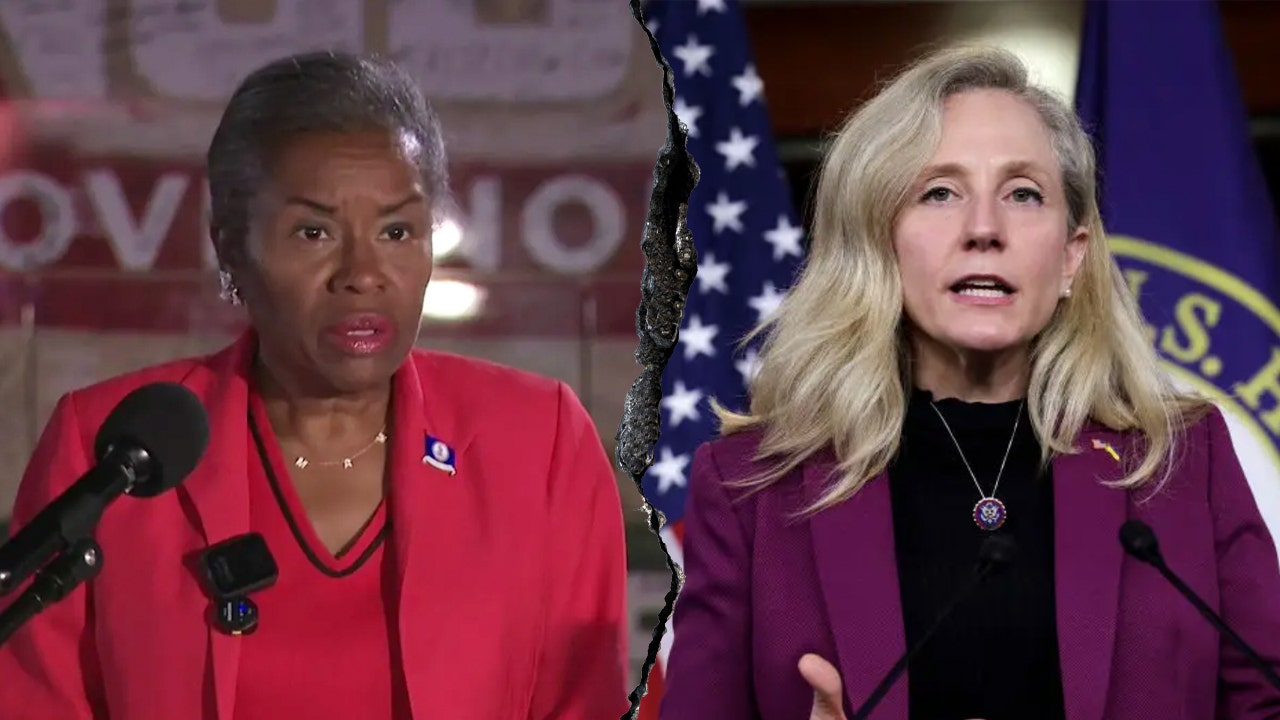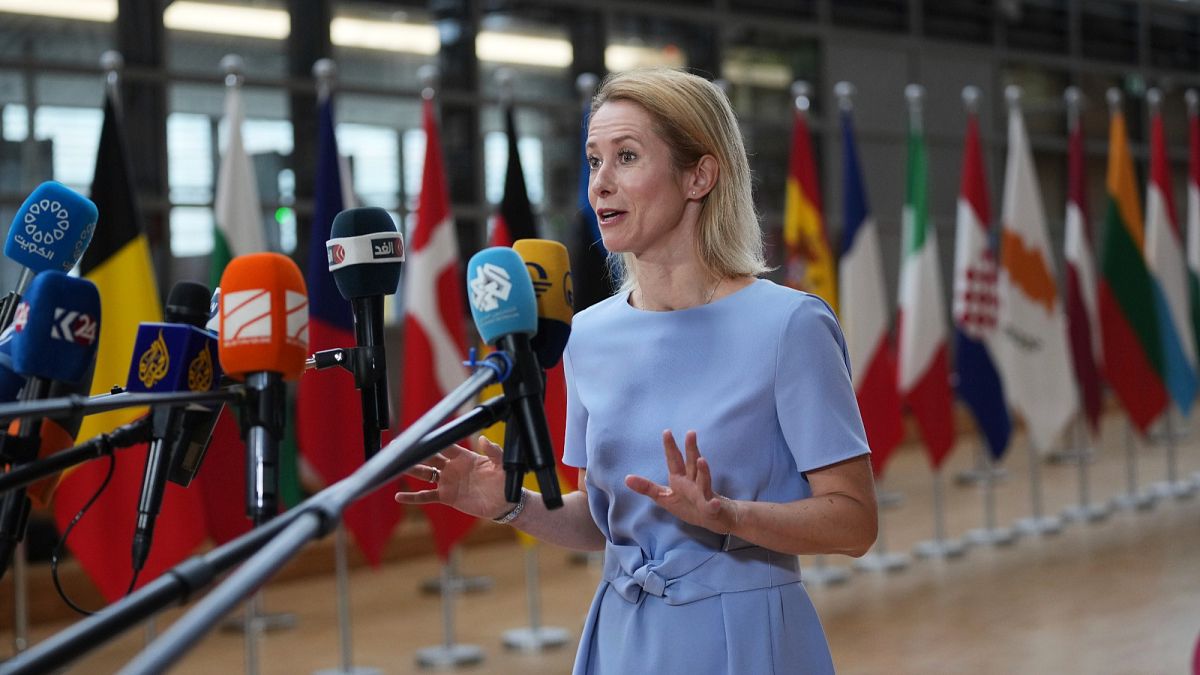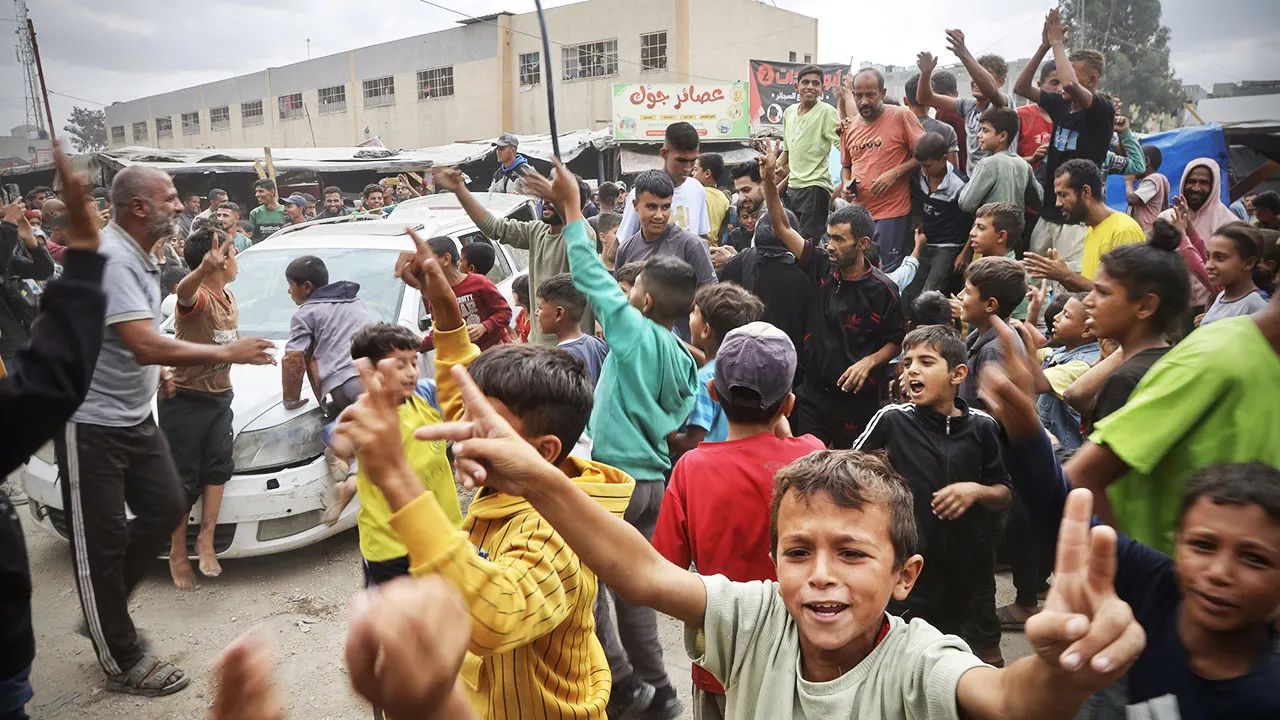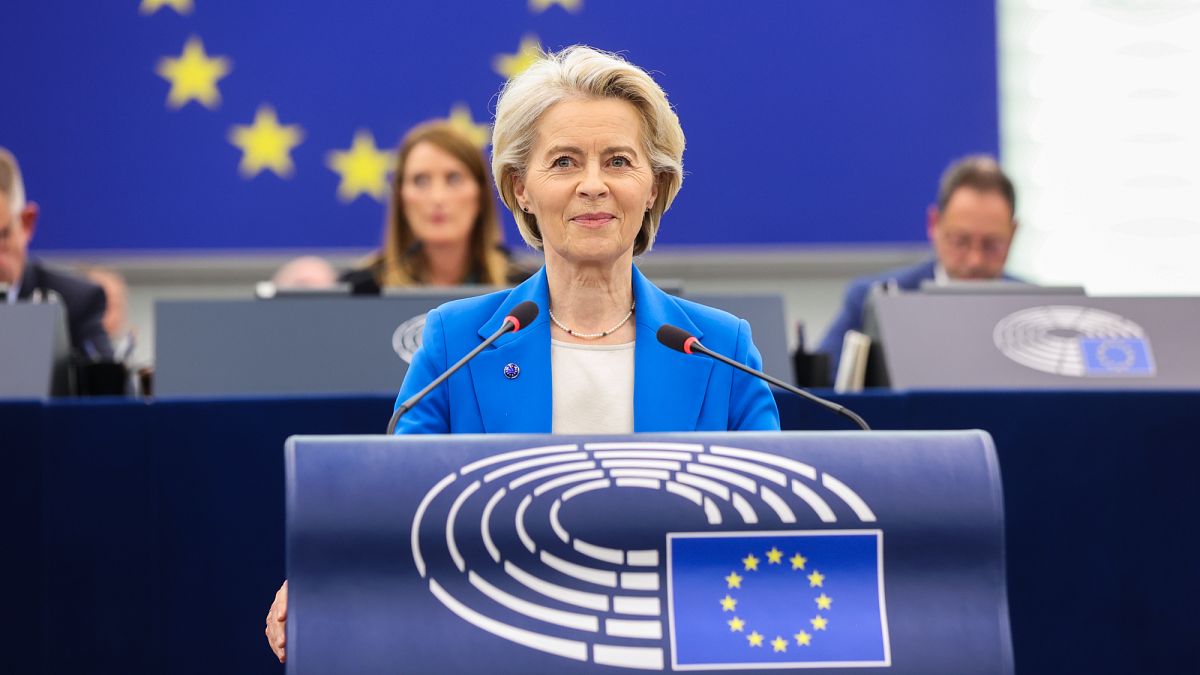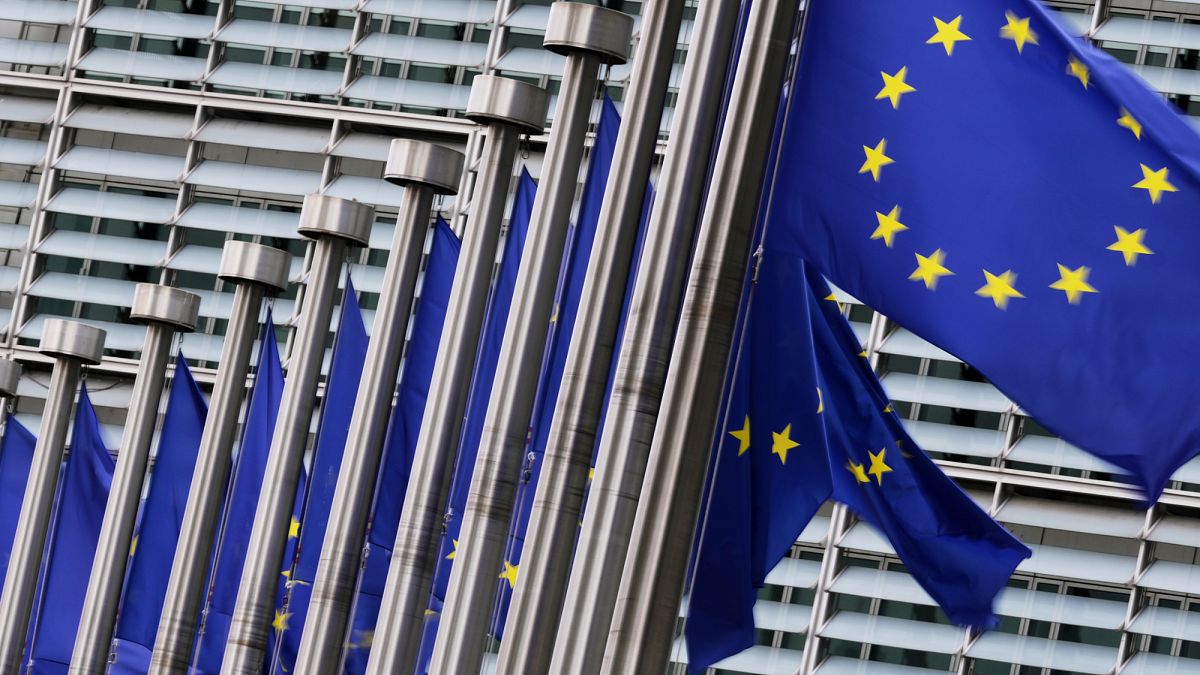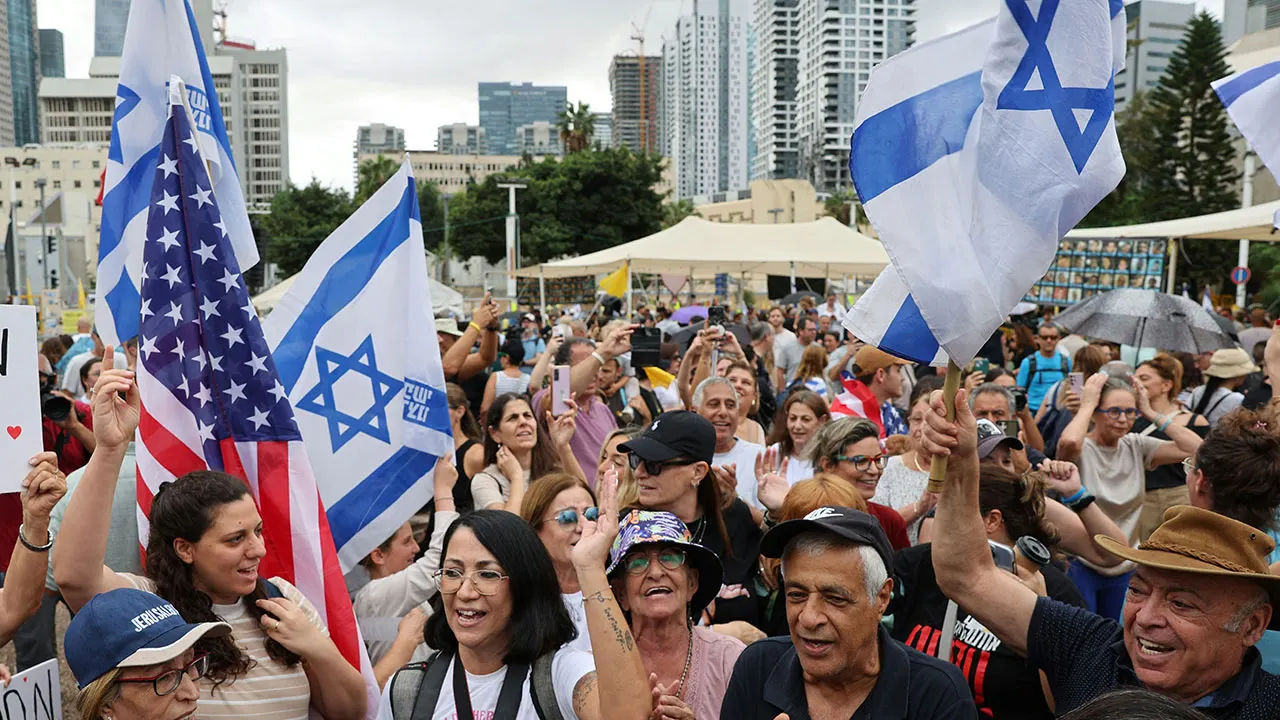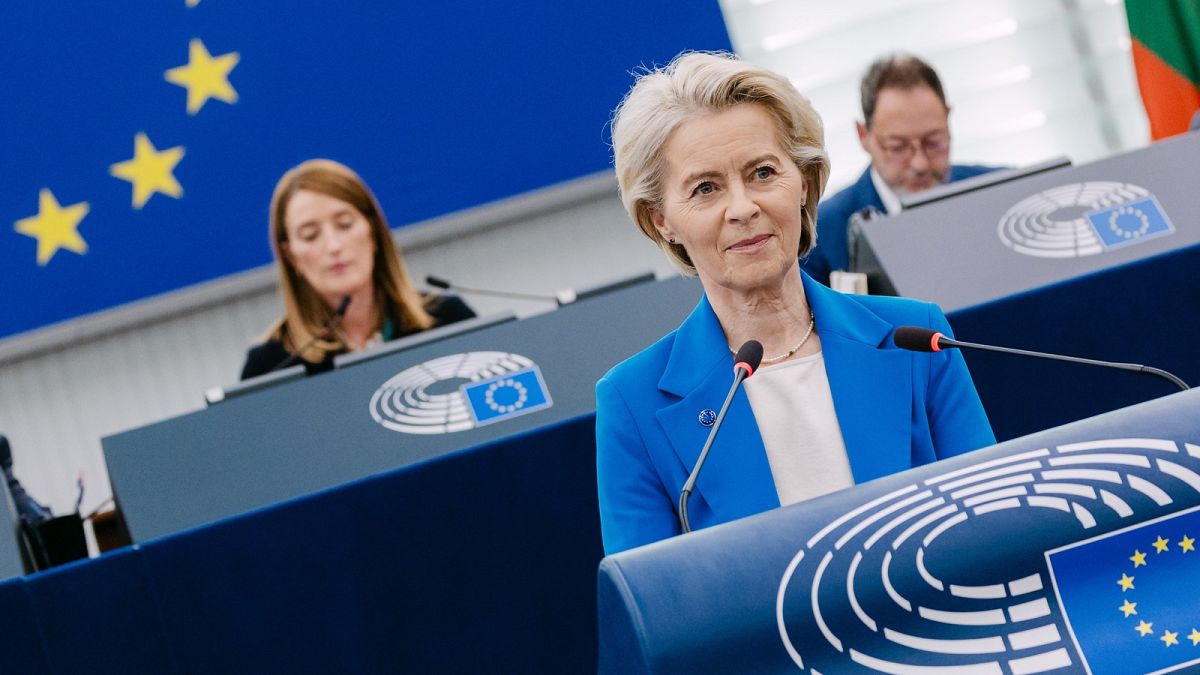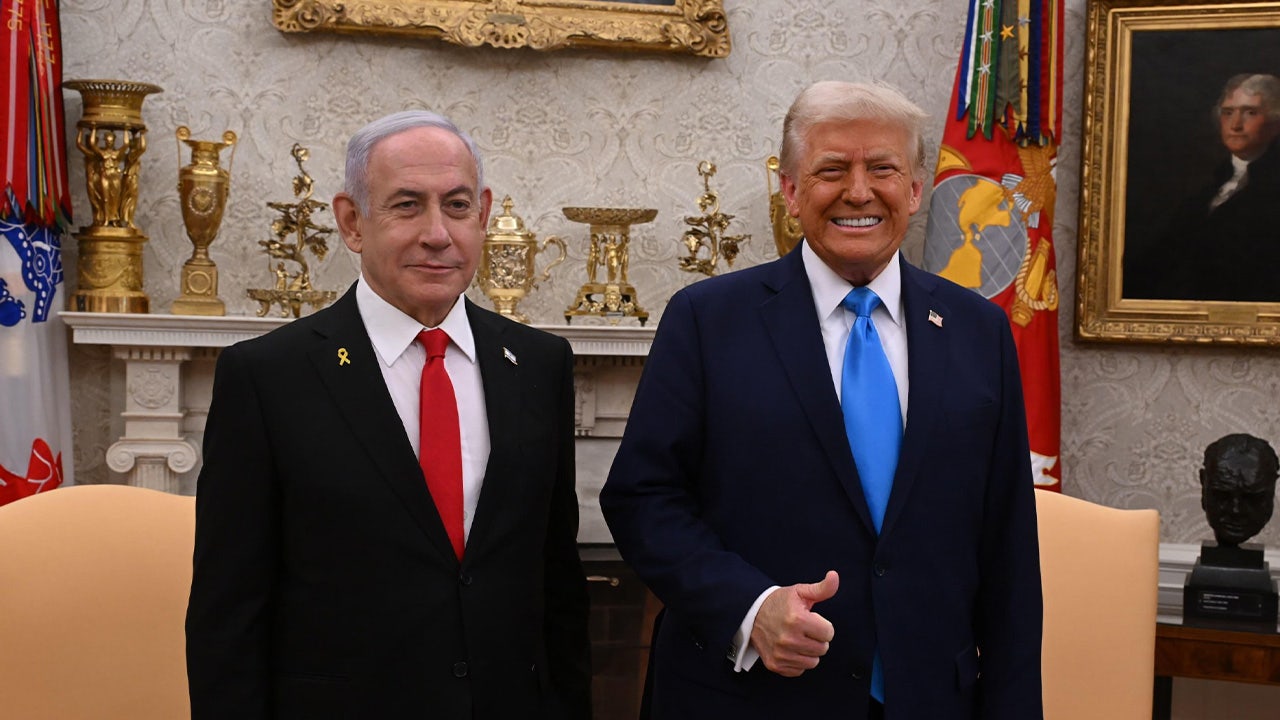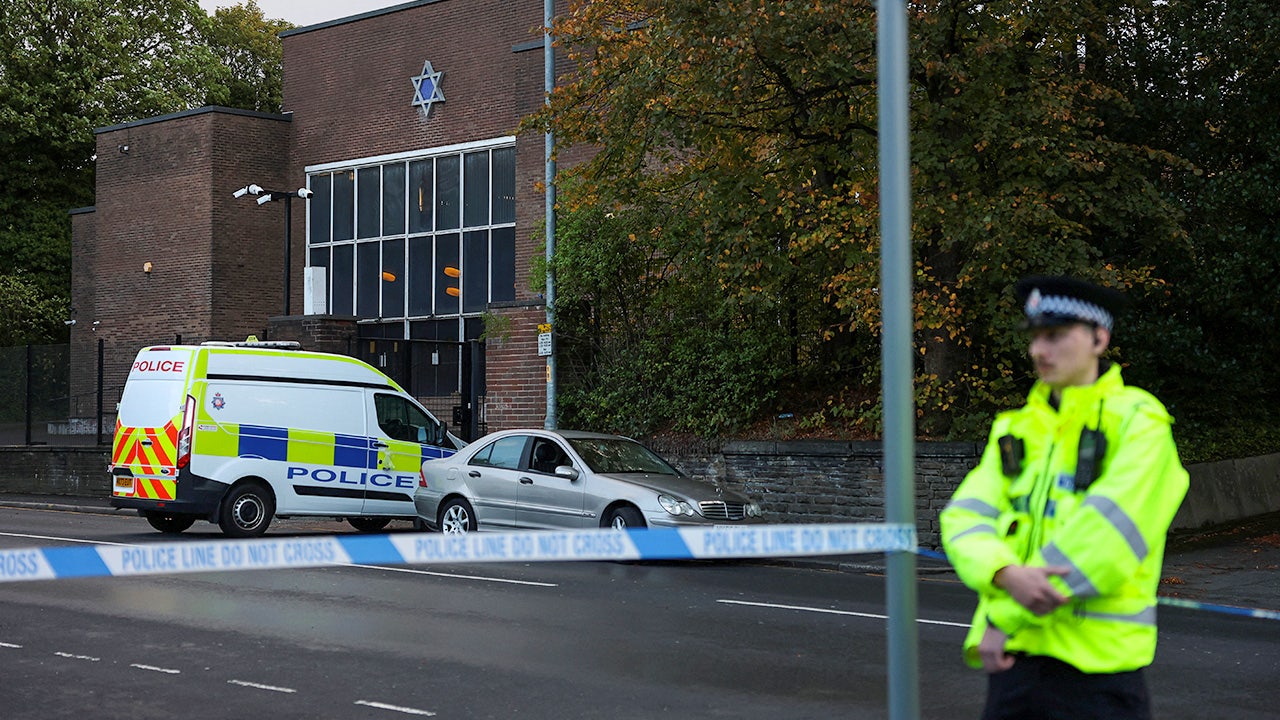The EU has negotiated a “significant” improvement of humanitarian aid access into Gaza including an increase of food trucks, and an agreement to “protect the lives of aid workers”, the EU’s foreign policy chief, Kaja Kallas, announced on Thursday.
T
he steps agreed include delivery of “substantial” food and non-food items to enter Gaza; the reopening of crossings through Jordanian and Egyptian aid routes; and enabling the distribution of food supplies through bakeries and public kitchens throughout the Gaza strip, according to a statement from the spokesperson for Kallas.
It also involves the resumption of fuel deliveries for use by humanitarian facilities; the repair and facilitation of works on vital infrastructure like the resumption of the power supply to the water desalination facility, said Kallas’ spokesperson.
Kallas dispatched a delegation to Tel Aviv including Christophe Bigot, the EU’s Special Envoy to the Middle East over two weeks ago to negotiate an “end to the starvation and killing” according to a source close to the talks.
Following the Israeli Cabinet’s resolutions and the constructive dialogue between the EU and Israel, significant steps have been agreed by Israel to improve the humanitarian situation in the Gaza Strip’, the statement concluded.
The renewed agreement to allow food into Gaza comes at the time when NGOs and aid workers say children are sick and dying of malnutrition and injuries caused by constant violence and airstrikes.
It also comes at a time when talks have intensified between officials from Israel and Hamas to reach a cease-fire.
These measures are due to be implemented in the coming days, and the EU says there is a “common understanding that aid at scale must be delivered directly to the population”.
An EU official also confirmed to Euronews that the aid will be distributed through coordination with UN and other partners, and not in cooperation with the Gaza Humanitarian Foundation.
The U.N. human rights office recently reported it had recorded at least 613 killings at aid points run by the U.S backed Gaza Humanitarian Foundation (GHF).
The statement also makes clear that “measures will continue to be taken to ensure that there is no aid diversion to Hamas”.
A spokesperson also reaffirmed the EU’s position for an immediate ceasefire and the release of all remaining hostages in Hamas captivity.
A diplomat also said the agreement might also include the redeployment of the EU Border Assistance Mission for the Rafah Crossing Point (EUBAM) to monitor the crossing of aid into the Gaza strip.
The plan comes before Kallas was due to discuss five options in response to Israel’s breach of the EU-Israel Association Agreement at a meeting of foreign affairs ministers next week.
The diplomat said Thursday’s agreement will not affect the current talks regarding the EU-Israel Association Agreement. However, he said many diplomats were cautious about Thursday’s plan and its rapid implementation.
“We need more clarity on security, on the actual mission, on the need to avoid being perceived as facilitating the Gaza Humanitarian Foundation,” the diplomat said.
Read the full article here


